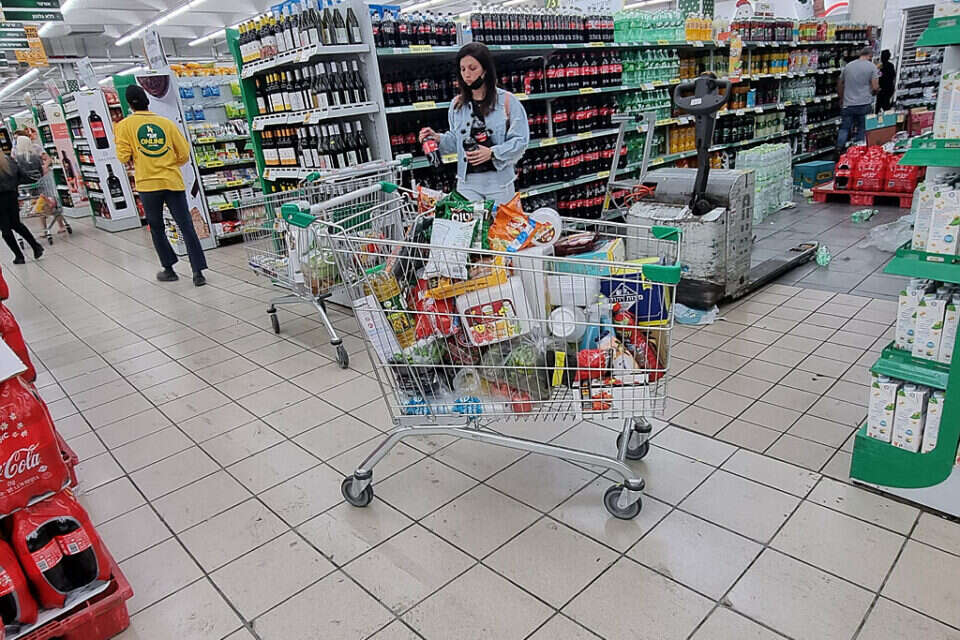The poll conducted in "Israel Hayom" last week shows that for 49% of the voters the cost of living is the most important issue in the current election campaign.
The politicians understand this very well and therefore, unlike the previous rounds, many of the election promises are related to addressing the cost of living.
Beyond that, many parties, starting with religious Zionism, through Yisrael Beitenu to the Labor Party, have marked the treasury portfolio as a target.
It is too early to assess who will really win the race for the coveted portfolio, which until recently was considered a thankless position that faded into the blue of a political career.
There are many questions that arise regarding the policy of the future minister - will the next government cancel some of the decisions made by the current government, what will the policy be regarding the housing crisis, and will significant steps finally be taken to promote the metro in Gush Dan?
While Israel is electing its political leaders for the fifth time in three years, the economic problems are piling up, the challenges are piling up and require treatment as soon as possible.
These are the main economic issues that the next government will deal with:
Treatment of the cost of living
Lower the prices in the supermarket: although the wave of rising prices does not stop in almost any area of our lives, the more disturbing problem is the high price level of many products in Israel compared to other developed countries.
This is mainly due to the lack of sufficient competition between the suppliers.
Any government that is elected will be required to be more active in dealing with this issue and increase competition for every product with the help of expanding imports, reducing the power of exclusive importers, weakening monopolies and other measures.
The housing crisis: Another burning issue that will await the new government is the handling of rising housing prices.
Despite the politicians' promises, reality proves that lotteries do not lower prices, and a multi-year government housing program is required, which will deal with a rapid increase in supply and will be done in cooperation with those who are going to build the apartments - the contractors.
New apartments under construction, photo: Dodo Greenspan
Massive investment in infrastructure
Public transportation infrastructure: Israel lags behind in terms of investment in infrastructure compared to OECD countries, even though the level of infrastructure there is more developed (for example, Gush Dan is almost the only metropolis in the Western world without a metro).
As a result, the cost of traffic jams to the economy has already reached tens of billions of shekels per year.
Construction of an additional airport: while the number of passengers in Israel is expected to continue to grow and the airport authority warns that the existing infrastructure will not be able to withstand the loads in a few years, the politicians have been debating for years where the additional field will be built.
Public transportation in Tel Aviv, photo: Yehoshua Yosef
Health infrastructure: the per capita expenditure on health in Israel is low compared to the OECD.
As a result, we witness a low number of hospital beds, doctors and nurses per capita.
The health services suffer from a lack of personnel and sometimes from the lack of available space, and the queues are long.
Education infrastructure: The next government will have to take care of reducing the number of students in classes and adding teaching staff - two needs that have a decisive effect on academic results, on labor productivity in the economy in the long term, and on the growing gaps between the center and the periphery.
were we wrong
We will fix it!
If you found an error in the article, we would appreciate it if you shared it with us

